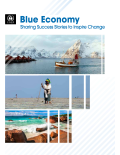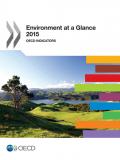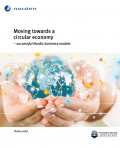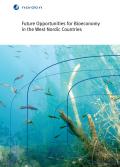

Environment at a Glance 2015 updates key environmental indicators and relevant socio-economic and sectoral indicators to track OECD country progress on major environmental issues and inform policy development and evaluation. This year's edition includes increased coverage of environmentally related taxation, ODA and R&D expenditure.
Environmental impacts are increasing due to human activities. The overuse of the benefits nature provides us is the direct result of our failure to put a price on these benefits. One way of addressing this is to require environmental compensation.
This study provides an overview of key conditions for increased, flexible and cost-effective application of compensation. It shows that for a relatively small cost, society can make a significant investment in the provision of biodiversity and ecosystem services by requiring compensation.
The study outlines three main recommendations on how to increase the use of environmental compensation: stimulating supply of, and demand for compensation; clarifying guidelines and legal framework; and strengthening Nordic cooperation on compensation.

Moving towards a ‘Circular Economy’ is an action that many world business leaders, policy makers, academics and NGOs argue is necessary in order to help solve global environmental and economic challenges. This report summarizes the findings of a project initiated by the Nordic Waste Prevention Group under the Nordic Council of Ministers to make the circular economy thinking more mainstream in the Nordic countries and thereby accelerate the development of circular economy in the Nordic region. In addition to this report, the project also included the organisation of a large multi-stakeholder workshop with participation of more than 60 actors relevant for the circular economy, which was held in in Copenhagen in April 2015.
In this report, there are 18 case examples of Nordic businesses which are part of the Nordic circular economy as well as short policy recommendations, which were suggested at the workshop.

